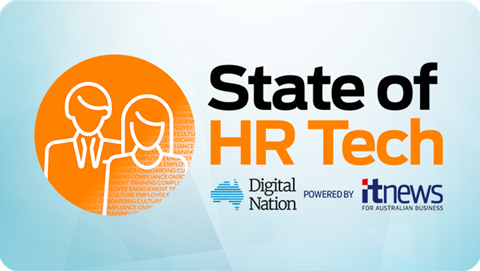The five-day work week is “pretty much over” according to Cal Henderson, co-founder and chief technology officer at Slack.
.png&h=420&w=748&c=0&s=0)
Speaking to an audience at SXSW Sydney, Henderson explained the end of the five-day work week is partly due to the long lockdowns around the globe.
“If the lockdown portion had been shorter, if it had been weeks or even a couple of months, we would have snapped back to how things were before,” he said.
“But the longer it went on, and organisations continue to be productive, it proved to organisations but probably more importantly to employees to work is that this is a possible way to work and companies can still be successful.”
Every company is on a spectrum of hybrid work, Henderson said. Some are in the office every day of the week while others have closed down their offices completely.
Henderson said the “cat is out of the bag and cannot be put back in”.
“The interesting pivot point here is that prior to the pandemic, we assumed that the right and correct best mode of working was going into the office every day. It was the default and it had been for a long time,” he said.
“Now what we're able to do slowly, is look at what kinds of activities make sense, what is the office good at? What is it bad at? What are things that are best done individually that require heads-down focus work?”
Henderson explained that the pandemic made hybrid work possible.
“If you'd have asked me or other leaders before the pandemic kicked off, 'can you shift everybody to working remotely overnight and continue to be successful?' Almost everybody would have said no, it's not possible, you can't do that,” he said.
“That's broadly not true, for knowledge workers, not only the company has continued, they also have thrived in that time.”
He said if the pandemic had happened a decade prior, it would have been a different story.
“We had the right logical foundations for it to be able to happen. We have tools like Slack, a lot of other technical tools, we have much better video conferencing,” he explained.
“...It is a huge enabler of the avoided pandemic being possible to be productive at that time, there's that piece of it.”



_(28).jpg&h=140&w=231&c=1&s=0)

_(23).jpg&h=140&w=231&c=1&s=0)





 iTnews Executive Retreat - Security Leaders Edition
iTnews Executive Retreat - Security Leaders Edition
 iTnews Benchmark Awards 2026
iTnews Benchmark Awards 2026
 iTnews Cloud Covered Breakfast Summit
iTnews Cloud Covered Breakfast Summit
 The 2026 iAwards
The 2026 iAwards











_(1).jpg&h=140&w=231&c=1&s=0)



